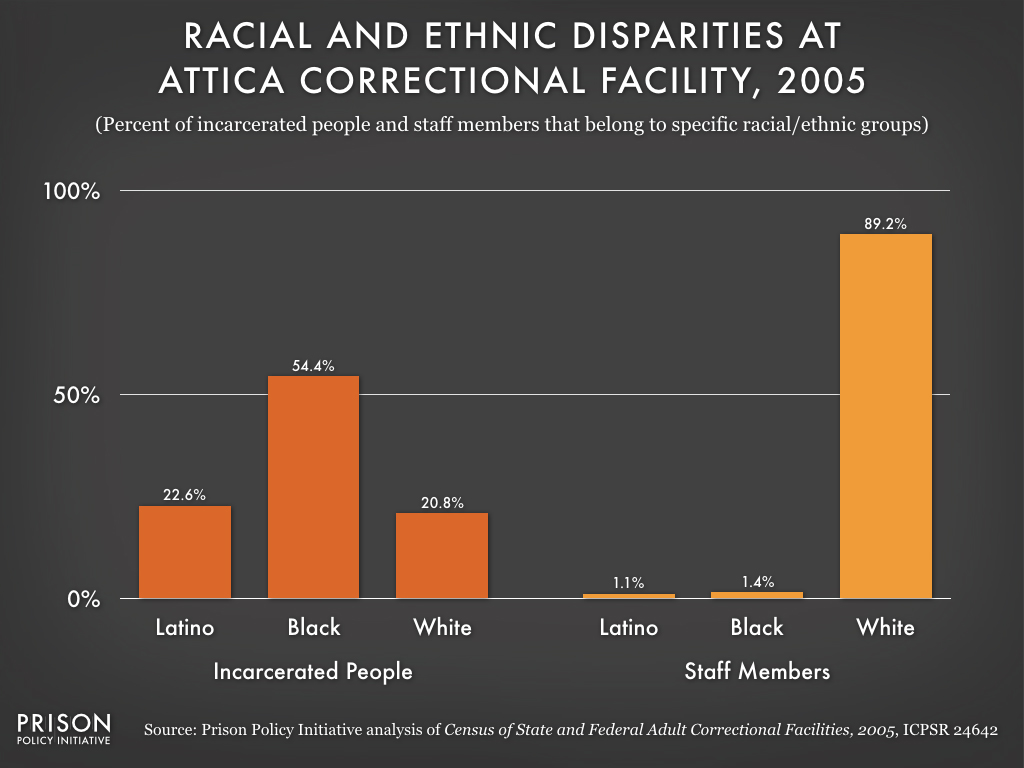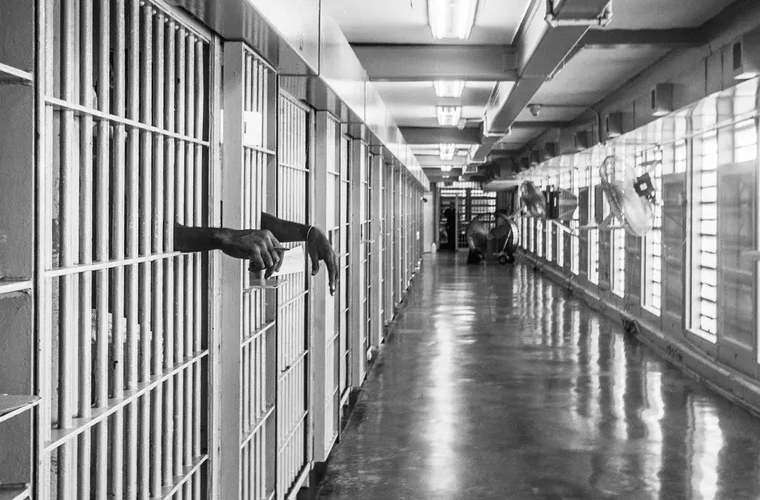The mass incarceration of African Americans is a significant aspect of the broader issue of mass incarceration in the United States. It highlights the disproportionate representation of African Americans within the criminal justice system and the systemic factors that contribute to this disparity. Here are some key points to understand about the mass incarceration of African Americans:
Disproportionate Representation: African Americans are overrepresented in the U.S. prison population. Despite comprising approximately 13% of the U.S. population, African Americans make up a larger percentage of the incarcerated population. This disparity is particularly evident for drug offenses, where African Americans are disproportionately arrested and sentenced compared to their white counterparts, despite similar rates of drug use.

Racial Bias and Discrimination: The criminal justice system exhibits systemic racial bias and discrimination that contribute to the overrepresentation of African Americans in prisons. This bias can manifest at various stages, including biased policing, racial profiling, discriminatory sentencing practices, and limited access to adequate legal representation.
War on Drugs: The War on Drugs policies implemented in the 1970s and 1980s significantly contributed to the mass incarceration of African Americans. The enforcement of harsh drug laws disproportionately targeted minority communities, leading to higher arrest and conviction rates. Mandatory minimum sentencing and three-strikes laws also exacerbated the racial disparities in drug-related offenses.
Socioeconomic Factors: African Americans face socioeconomic challenges that contribute to their higher involvement in the criminal justice system. Poverty, limited access to quality education, lack of economic opportunities, and residential segregation are some of the factors that can increase the likelihood of criminal involvement. These underlying issues are interconnected with the historical and ongoing effects of systemic racism and economic inequality.
Collateral Consequences: The mass incarceration of African Americans has significant ramifications for individuals, families, and communities. It disrupts family structures, hinders economic mobility, and perpetuates cycles of poverty and disadvantage. After release, formerly incarcerated individuals face numerous barriers, including limited job prospects, restricted access to housing, and limited voting rights in some states.

Addressing the mass incarceration of African Americans requires comprehensive reforms aimed at tackling systemic racism, promoting equal treatment within the criminal justice system, and addressing the socioeconomic factors that contribute to criminal involvement. Criminal justice reform efforts often focus on sentencing reform, alternatives to incarceration, addressing racial bias in policing, promoting community-based initiatives, and providing support for successful reentry into society.

